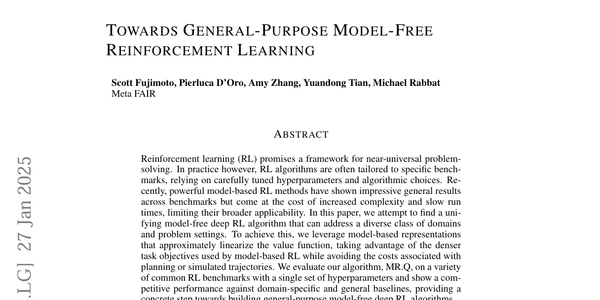Keir Starmer announces ambitious plan to integrate AI into the UK's economy

Prime Minister Keir Starmer has announced a transformative initiative to integrate artificial intelligence (AI) deeply into the UK's economy and public services, with the goal of establishing the nation as a global leader in AI innovation. The ambitious plan includes creating dedicated AI growth zones, expanding supercomputing infrastructure, and embedding AI tools across key sectors such as education, healthcare, and small businesses. With a projected economic boost of £47 billion annually and private sector investments of £14 billion expected to create 13,000 jobs, the strategy represents a bold step forward. However, critics warn of significant challenges, including infrastructure demands, ethical concerns, and global competition.
Prime Minister Keir Starmer has unveiled an ambitious plan to position the UK as a global leader in artificial intelligence (AI), aiming to transform the economy and public services. The US currently leads the world in AI, ahead of China, which is well ahead of the UK in third place, according to rankings from Stanford University.
Announced at a technology forum in London on January 15, 2025, the strategy includes significant investments in infrastructure and partnerships with major tech firms like Vantage Data Centres, Nscale, and Kyndryl. Vantage Data Centres – which is working to build one of Europe’s largest data centre campuses in Wales – plans to invest over £12 billion in data centres across the UK, creating over 11,500 jobs in the process. Kyndryl, the world’s largest IT infrastructure services provider, has announced plans to create up to 1,000 AI-related jobs in Liverpool over the next three years, establishing a new tech hub aligned with the government’s AI rollout strategy. Meanwhile, Nscale, one of the UK’s leading AI companies, has committed $2.5 billion to support data centre infrastructure, including building the largest UK sovereign AI data centre in Loughton, Essex, by 2026.
The key aspects of the plan:
- AI Growth Zones: The first growth zone will be established in Culham, Oxfordshire, capitalizing on its existing technological expertise. These zones will fast-track planning approvals and provide enhanced infrastructure, creating hubs for innovation and attracting global talent.
- Supercomputing Expansion: The government will partner with private firms to build a new supercomputer, increasing the UK’s computing power twentyfold by 2030. This initiative aims to support advanced AI research and real-world applications.
- Sector Integration: AI technologies will be embedded across education, healthcare, and small businesses. Teachers will benefit from AI tools that reduce administrative workloads, while healthcare professionals will gain advanced diagnostic capabilities. Small businesses, on the other hand, can utilize AI to streamline operations and enhance customer engagement.
The integration of AI is projected to add £47 billion annually to the UK economy. These contributions underscore the government’s current commitment to fostering long-term technological leadership. Dr Jean Innes, CEO of the Alan Turing Institute, said:
This plan offers an exciting route map, and we welcome its focus on adoption of safe and responsible AI, AI skills and an ambition to sustain the UK’s global leadership, putting AI to work driving growth, and delivering benefits for society. We share these ambitions and look forward to working with the government, universities, industry and civil society to shape the future of these technologies to support the UK’s success and improve people’s lives.
However, Keir Starmer's Labour government have not always been in favour of harnessing the power of AI. Upon assuming office, Prime Minister Keir Starmer's administration cancelled plans for an £800 million exascale supercomputer at the University of Edinburgh, along with a related £500 million fund for AI research. The government cited the previous administration's failure to allocate necessary funds as the reason for shelving these projects. This decision drew reasonable criticism, with some commentators likening it to "science's HS2 moment," suggesting it could damage Scotland's economy and send an unfavourable message about the UK's commitment to scientific advancement. Evidently, this ambitious plan could represent a major shift in Starmer's stance contrasting with earlier actions.
Keir Starmer’s AI strategy marks an ambitious bid to position the UK at the forefront of global innovation whilst contrasting his earlier stance regarding AI. While the potential economic and societal benefits are vast, the initiative’s success hinges on addressing infrastructural, ethical, and competitive challenges. As the world watches, the UK’s ability to "mainline AI" into its economy could redefine its technological future.
- Starmer aims to make the UK a global AI leader with major investments and innovation hubs.
- £47 billion annual impact, 13,250 jobs, from £14 billion in private investments.
- This marks a large shift in Starmer's stance towards AI.
- Success could position the UK as a model for AI leadership worldwide.




